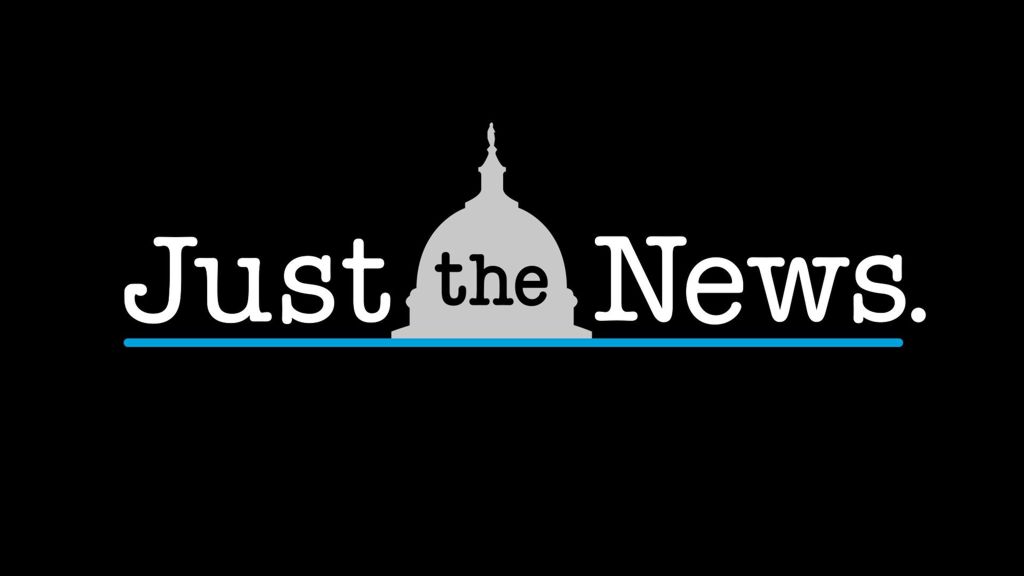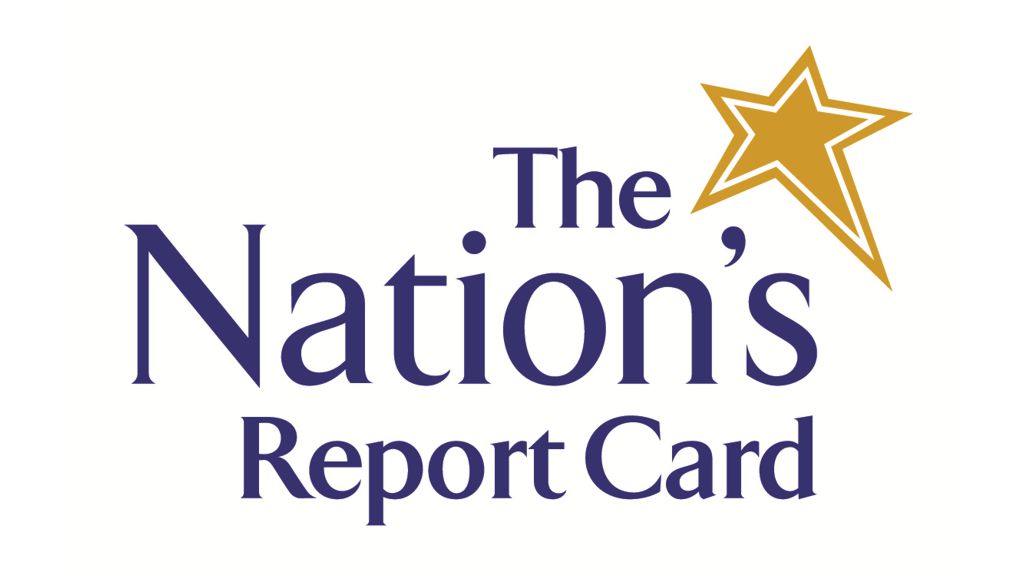As the Trump campaign expands its lawsuits — including new filings Wednesday in Georgia and Pennsylvania — legal scholars say they are likely rooted in the Constitution’s voting law authority, which limits the power of non-legislative actors trying to assert their power over balloting.
Trump has assembled a high-powered legal team to combat what it says is executive and judicial overreach in key battleground states led by Democratic governors. The Elections Clause of the Constitution (Article I, Section 4) gives state legislatures the authority to set the time, place and manner of federal elections, i.e., the rules governing the election process, including absentee ballots. Republicans say this legislative power has been eroded by both executive and judicial mission creep.
In Wisconsin, for example, the Governor, Tony Evers is a Democrat, but both chambers of the legislature are held by Republicans. The Trump campaign has filed for a recount in the Badger State amid a razor-thin lead held by rival Joe Biden. The Supreme Court late last month rejected Democrats’ request to extend the deadline for counting mail-in ballots in Wisconsin beyond Election Day because of coronavirus concerns.
The GOP and the Trump campaign also announced Wednesday they are suing Pennsylvania, claiming the extension of a voter ID deadline is in violation of state law. The Keystone State has a Democratic governor, Tom Wolf, and a state supreme court with a majority of partisan, elected justices — five of its seven judges were Democrats upon their first election. The court recently ruled against Republicans and allowed Pennsylvania to accept ballots received up until 3 days after Election Day.
The U.S. Supreme Court declined to hear a challenge to that ruling, letting it stand for now with a 4-4 ruling, prior to Justice Amy Coney Barrett’s seating. Republicans brought the case up to the high court a second time after Barrett’s seating and were again denied a hearing on the case prior to Election Day (Barrett did not vote on that ruling, saying she hadn’t had time to review the case). Republicans say a third try might see a different outcome, if the court agrees to hear the case in an emergency situation like the current electoral uncertainty.








